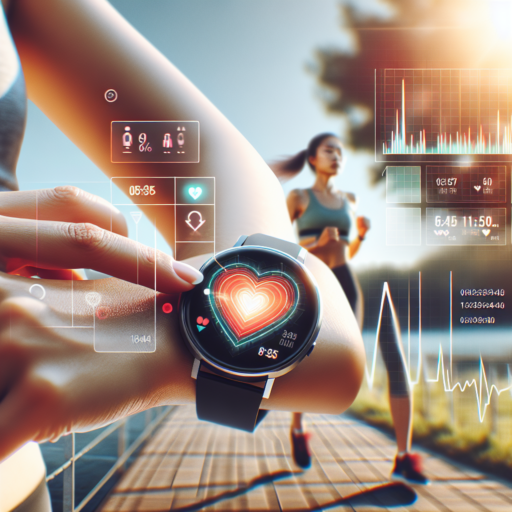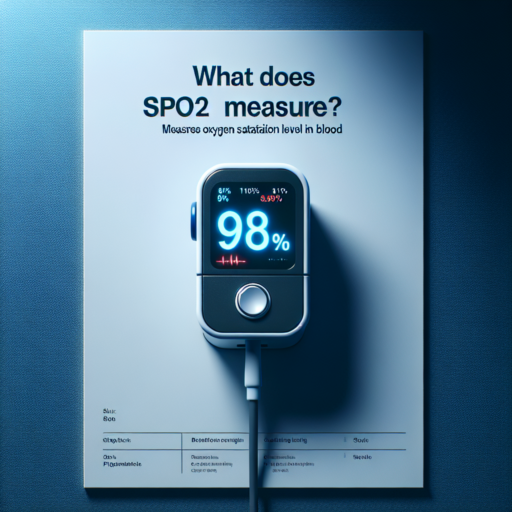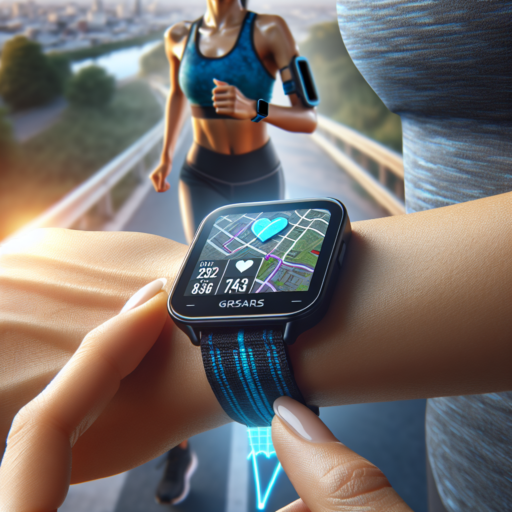How accurate is the heart rate on a smartwatch?
The accuracy of heart rate monitoring on smartwatches has been a topic of interest among fitness enthusiasts and health-conscious users alike. While these devices offer the convenience of tracking heart rate in real-time, questions about their precision compared to traditional medical-grade equipment persist. In general, smartwatches utilize photoplethysmography (PPG) technology to measure heart rate, a method that detects blood volume changes in the wrist. However, several factors can influence the accuracy of readings provided by smartwatches.
Factors Affecting Accuracy
Several external and physiological factors play a significant role in the heart rate data’s precision. For instance, skin tone, wrist tattoos, and hair thickness can affect the sensor’s ability to accurately measure heart rate. Additionally, the tightness of the smartwatch on the user’s wrist and the type of physical activity being performed also contribute to the variability of the readings. High-intensity workouts involving vigorous wrist movements, for instance, might lead to less accurate heart rate measurements compared to steady activities like jogging or walking.
Comparative Studies and Findings
Research comparing smartwatch heart rate readings with those from medical-grade devices presents a mixed picture. Some studies suggest that certain smartwatch models achieve relatively high accuracy under controlled conditions, especially in steady-state exercises. However, discrepancies tend to widen during high-intensity intervals or activities involving complex movements. It is important for users to understand that while smartwatches provide a convenient way to monitor heart rate trends over time, they may not always offer the precision required for medical or professional athletic monitoring.
In summary, the accuracy of heart rate readings on smartwatches can vary significantly depending on a range of factors. Although advancements in technology are continually improving the reliability of these readings, users should consider the potential for variability when using smartwatch data for health monitoring or fitness tracking purposes.
Do cardiologists recommend smart watches?
In exploring whether cardiologists recommend smart watches, one discovers a nuanced perspective on the integration of technology in heart health management. These devices, known for their ability to monitor heart rate and detect irregular rhythms, have caught the attention of healthcare professionals. However, cardiologists are cautious, emphasizing that while smart watches can be valuable tools for health monitoring, they should complement, not replace, professional medical advice and diagnostics.
Benefits Highlighted by Cardiologists
- Continuous heart rate monitoring allows for the detection of unusual patterns that might warrant further investigation.
- The potential to identify atrial fibrillation (AFib) early, enabling timely medical consultation.
- Encourages an active lifestyle, positively impacting overall heart health.
Cardiologists appreciate the role of smart watches in fostering a proactive approach to health. The instant feedback provided by these devices can motivate individuals to maintain an active lifestyle and monitor their heart health actively. However, it’s critical to understand that smart watches are not foolproof. They can sometimes generate false positives or negatives, potentially leading to unnecessary anxiety or overlooked issues.
Limitations and Considerations
While the benefits are significant, cardiologists also urge users to be mindful of the limitations of smart watches. The accuracy of these devices in detecting complex heart conditions varies, and they are not a substitute for comprehensive cardiovascular evaluations by healthcare professionals. Patients with existing heart conditions or those at high risk should not rely solely on these devices for monitoring their heart health.
In summary, cardiologists see the value in using smart watches as part of an overall strategy for heart health, stressing the importance of consulting healthcare providers for accurate diagnoses and treatment plans.
No se han encontrado productos.
Which smart watch is most accurate for heart rate?
Finding the most accurate smart watch for heart rate monitoring is crucial for individuals who rely on precise data to manage their health and fitness. Among the plethora of options available in the market, certain models stand out for their precision in tracking heart rate. These models use advanced sensors and algorithms to ensure that the data they provide is not only consistent but also as close to medical-grade as possible. This makes them invaluable tools for athletes, fitness enthusiasts, and those monitoring cardiovascular health.
Key Features of Accurate Heart Rate Smart Watches
When searching for a smart watch with accurate heart rate monitoring, there are several key features to look out for. Firstly, a watch with a high-quality optical heart rate sensor is fundamental for providing precise measurements. Additionally, watches that offer continuous heart rate monitoring rather than periodic checks can offer a more comprehensive view of your heart health throughout the day and during various activities. Furthermore, compatibility with external heart rate monitors, such as chest straps, can enhance accuracy for serious athletes and fitness enthusiasts.
It’s also imperative to consider the software side of these devices. Smart watches that incorporate advanced algorithms to filter out noise and to interpret the data collected from your pulse can significantly improve the accuracy of heart rate readings. These algorithms are constantly refined through updates, ensuring that the device remains accurate over time. Brands that focus on health and fitness features in their wearables usually invest heavily in the development of such technologies.
Can a smartwatch detect irregular heartbeat?
With the advancement of wearable technology, many users wonder if a smartwatch can detect irregular heartbeat. The answer is increasingly leaning towards a yes. Smartwatches today are equipped with advanced sensors that monitor heart rate variability (HRV) and electrocardiogram (ECG) functions. These are crucial in identifying signs of atrial fibrillation (AFib), a common type of irregular heartbeat, showcasing how far we’ve come in integrating medical-grade technology into everyday wearables.
Various brands have poured extensive research and development into making their smartwatches capable of such feats. For instance, some devices offer ECG apps that allow users to check their heart rhythm for signs of AFib directly from their wrist. This feature not only highlights the capability of smartwatches to detect irregular heartbeats but also emphasizes their role in proactive health monitoring. However, it is essential to understand that while these technologies provide valuable insights, they do not replace professional medical advice or diagnosis.
The process involves the smartwatch’s sensors working together to monitor electrical signals from the heart. When an anomaly is detected, such as an irregular heartbeat, the device alerts the user. This immediate feedback enables individuals to seek medical consultation promptly, potentially averting health complications. Yet, users should be aware of the limitations and accuracy of these devices, making it crucial to consult healthcare providers for comprehensive assessments.




